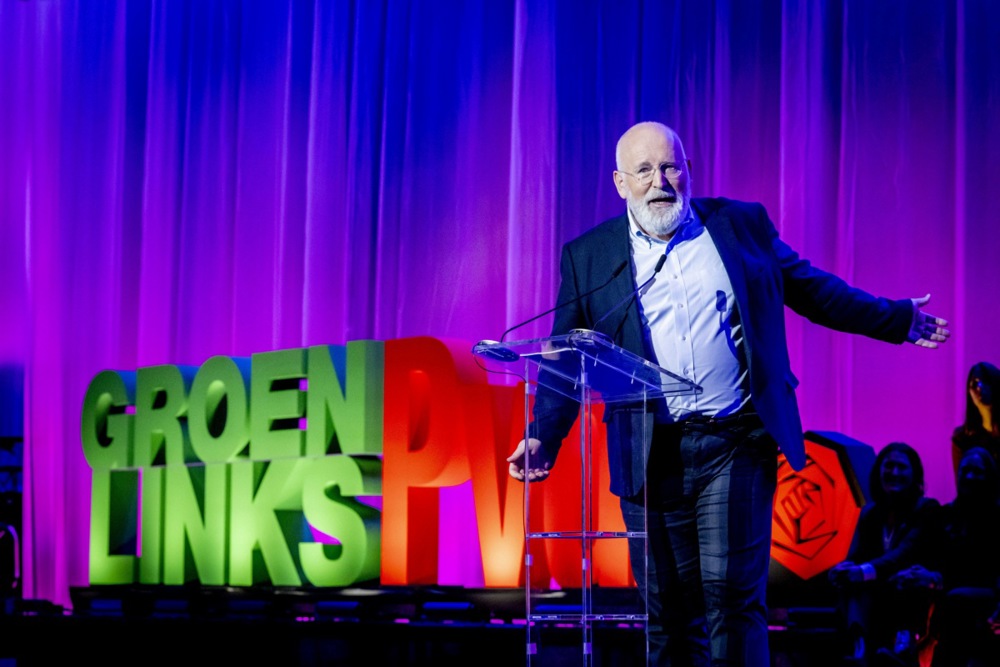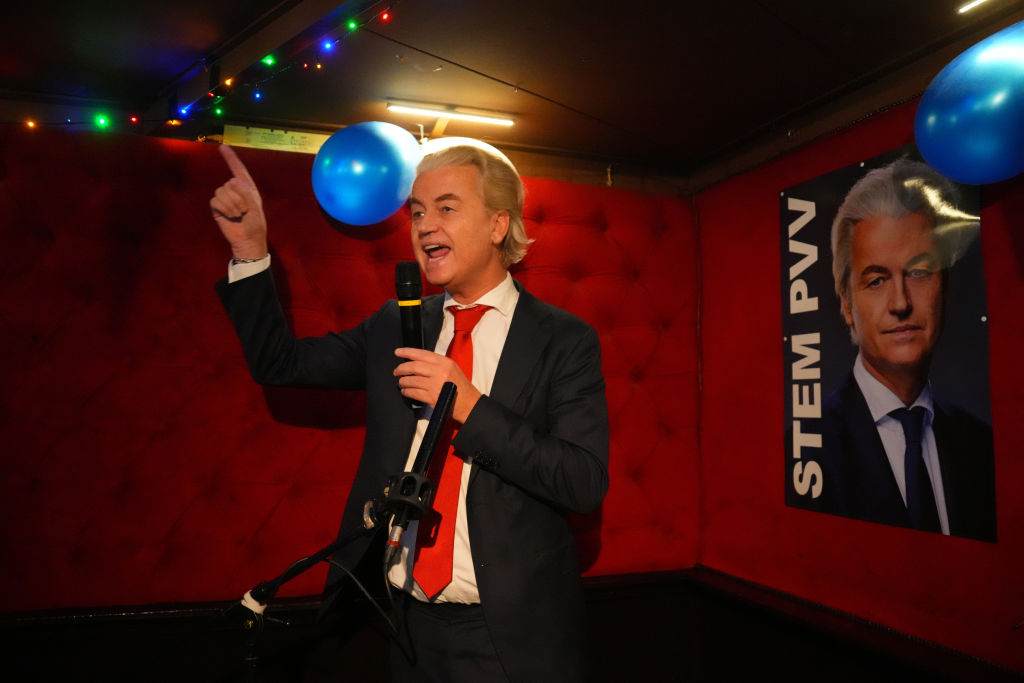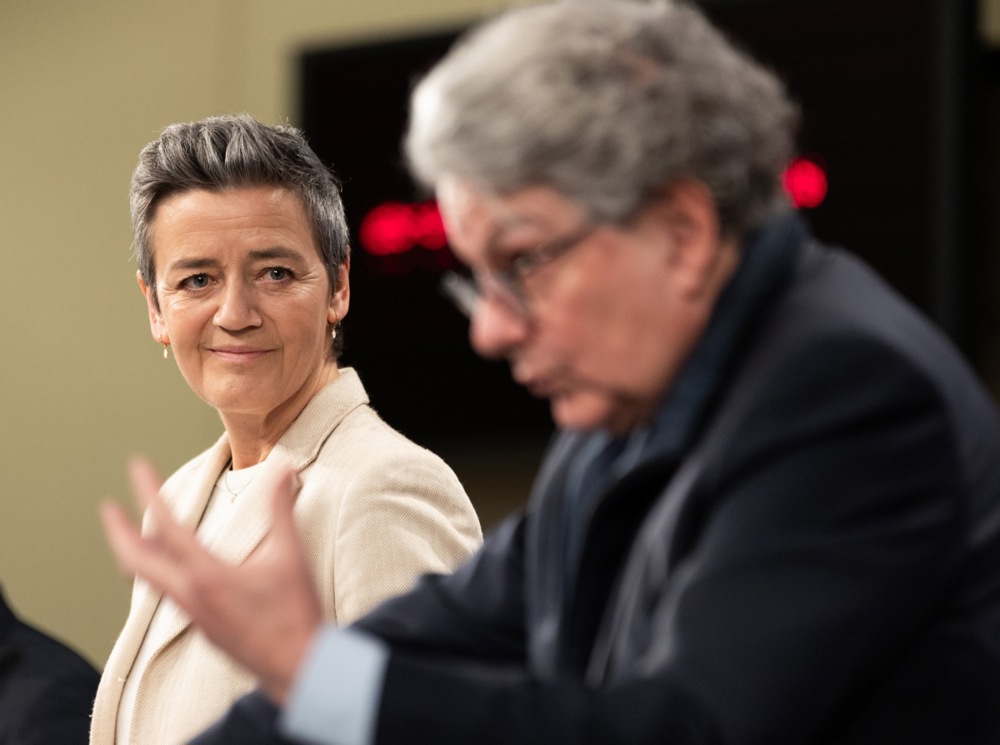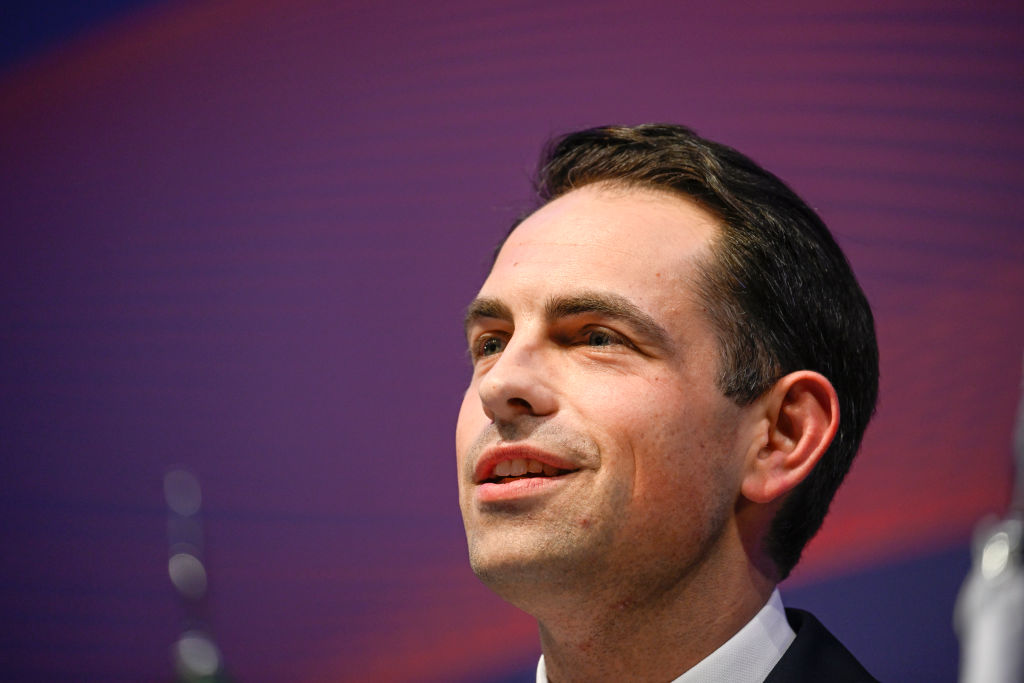Dutch Socialist Party (PvdA) and the Green Party (GroenLinks) are pushing the idea of cementing a union in what could be a fundamental shift in the country’s politics.
They formed a single group for the European Parliament elections in June with Dutch MP Frans Timmermans as list leader, earning them the second spot in the national elections of November 2023.
Despite that success, the two are still separate associations with their own statutes.
The relevant leaderships are now set to ask members if they want to move ahead and fuse PvdA and GroenLinks.
At a joint congress on April 20, the members will be asked to explore new ways of potential collaboration in a “motion on left-wing co-operation”, ranging from a lasting alliance – as they they have now – to a new party or a full merger.
Explaining the motion, the parties noted they already sit as a single group in both the Senate and the House of Representatives and plan to go into the European Parliament elections with a single list and programme.
Regarding political affiliation among the European outfits, the Green-Left-PvdA positions will be brought into two European groups following the elections: the Greens (Greens/EFA) and the Progressive Alliance of Socialists and Democrats (S&D). MEPs would be divided between the two.
The decision to compete in the Parliament elections with a joint list and one election programme was made after both parties held a referendum among their respective bases.
Some 87.45 per cent of participating GreenLeft members voted in favour of joint participation and 88.8 per cent of Labour Party members agreed.
In Europe as in the Netherlands, the GroenLinks and PvdA say further co-operation is needed to block what members regard as the surge of the radical Right.
They also noted that since working together, each has seen record numbers of new members joining.
The leadership of the parties argued that genuine change can only occur if the movement is deeply rooted in society and organised at the grassroots level. They said they could become a “broad people’s party”, uniting various groups and social movements.
The parties hope to present their members a final proposition regarding the content and form of their plans in the second half of 2026. If there are early national general elections for the House of Representatives, they will ask their members how they wish to participate in those.
The two-year term is meant to bridge the gap between this June and the municipal elections in March 2026. In some such municipalities, GroenLinks and PvdA have already merged, while in others they still operate separately.
Both say they do not want to interfere in local dynamics.
The National Electoral Survey regarding the 2023 elections, which collected relevant data on Dutch people’s voting behaviour and preferences, indicated that the list combination of Socialists and Greens did relatively well in mobilising their own supporters, according to scholars.
Still, it also showed the combination was losing support among the working classes. “We found that voters who identify as working-class voted significantly less for the party,” academic researchers noted on stukroodvlees, a blog dedicated to such matters.
That appears to reinforce criticism that the Socialist Party has become more progressive and elitist, seemingly looking down on working people or those who live outside the capital, and moving away from its historic voter core, a dynamic previously noted by author Lale Gül.
She argued that traditional voters of GroenLinks – and left-liberals in general – rarely experience the inside of a factory, and almost always have more costly demands, whether they be personal or political.
The main reason for people to vote for the PvdA-GroenLinks party was the “climate issue”, Gül said.
The survey also noted that GreenLeft-PvdA voters differ considerably from others in terms of other policy preferences, including migration and crime, putting the party firmly to the Left of the rest of the country.
There are still are some dividing lines between the two parties. The Socialists are regarded as more likely to accept compromises.
The PvdA is more moderate on subjects such as the Israel-Palestine conflict and the Dutch monarchy, whereas the GroenLinks Party tends to be more ideological and rigid regarding change.





